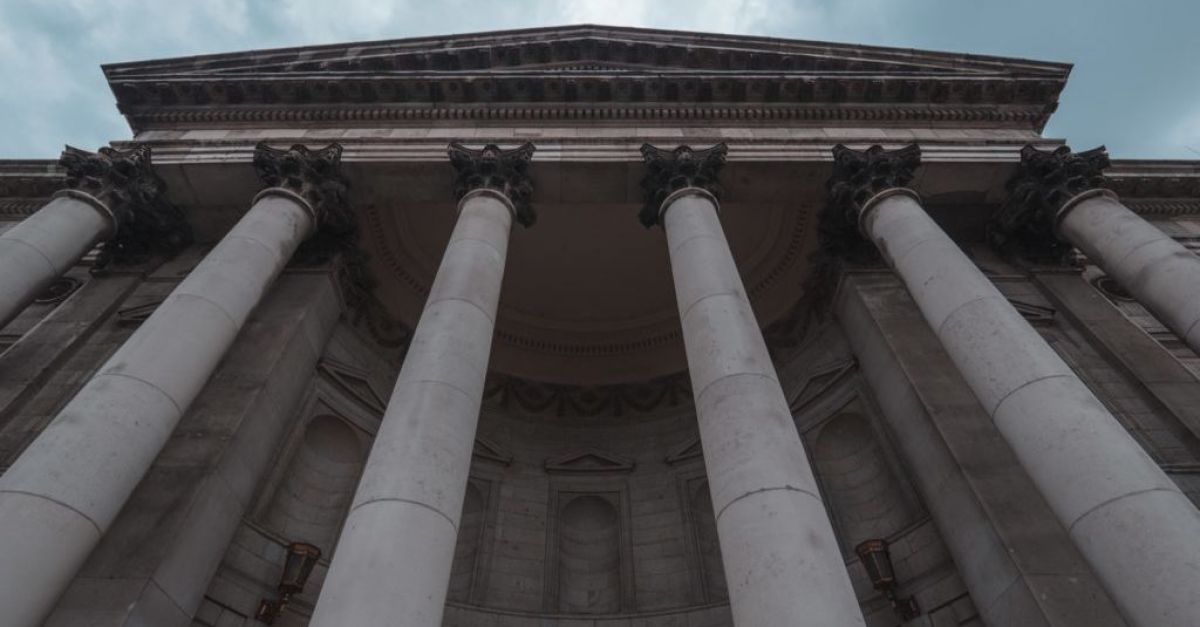Bussiness
Son ordered to repay €192,000 to mother’s estate after ‘disturbing’ actions | BreakingNews.ie

The High Court has ordered the son of a woman who left a €6m estate to repay €192,000 to the estate after a judge said he had taken advantage of his mother’s inability to manage her own affairs in a series of “disturbing and indefensible” actions.
Dermot Horan, after getting control of the finances of his late mother Mary Ann (also known as Maureen) Horan, withdrew €700 in cash every day from atms over a 12 month period for his own benefit, Mr Justice Brian Cregan said.
“His use of that money for his own ends all show a devious attempt to take advantage of his elderly and infirm mother for his own financial ends”, he said.
The judge ordered him to repay the €192,000 he removed after finding Mr Horan exerted actual undue influence over his mother who had lived in Ramor Park, Blanchardstown, Dublin, and died in April 2018.
The orders were made following an application by a court appointed administrator of Mrs Horan’s estate seeking declarations that Mr Horan unlawfully set up a joint account with his mother when she was suffering from dementia and unlawfully withdrew the monies.
The judge said Mrs. Horan, in a 2006 will, left her estate of some €6 million to her four children, Dermot, Josephine, Stephen and Yvonne. . The principal asset was a substantial industrial property at Fonthill Industrial Park, Clondalkin, Dublin from which she got a gross annual rental income of some €264,000.
She left the family home in Ramor Park to Dermot as well as the entire shareholding, worth around half a million, of the family company, Westwood International Transport Ltd, which had been set up by her late husband but later virtually ceased trading. In all, Dermot was left some €1 million from the estate along with 25 per cent of the remaining assets.
The court appointed a solicitor as administrator after Josephine, Stephen and Yvonne sought Dermot’s removal as executor on misconduct grounds.
There had been a “history of considerable acrimony” between Dermot and his siblings, Mr Justice Cregan said.
The judge had “no doubt that the blame lies entirely with Mr Dermot Horan” through conduct which began to manifest itself around September 2014 when his mother was admitted to hospital complaining of abdominal pain and back pain.
Dermot disagreed she should be in hospital, but she remained there for 329 days until Dermot discharged her against medical advice in July 2015.
Despite repeated requests from the hospital to return with her and despite suggestions from his siblings that she get 24-hour care at home, Dermot refused, the judge said.
However, after a fall Mrs Horan was readmitted to hospital in September 2015. In the meantime, the siblings became so concerned at the way Dermot was looking after their mother that they applied and were granted an order that she be made a ward of court.
Four different doctors gave evidence in the wardship proceedings that Mrs Horan was suffering from dementia.
While a social worker and public health nurse found no evidence of any immediate risk to Mrs Horan and that she presented as being well cared for (by Dermot), the condition of the house “left something to be desired, and the kitchen appeared to be in an unhygienic state”, the judge said.
Dermot Horan contested each and every one of the medical reports and sought to argue that there was nothing wrong with his mother.
In the proceedings seeking the return of the €192,000, Dermot said he believed “there is effectively an industry involved in this whole situation to make elderly people and/or vulnerable people subject to the interests of the State”.
In mid-2016, Mrs Horan was transferred from the hospital to a nursing home. However, Dermot’s behaviour when visiting his mother in the nursing home, including “assisting” other patients, became of such a concern to its operators that they ended up getting an injunction against him, preventing him from visiting.
Mr Justice Cregan made an order also removing Demot as a trustee.
The judge heard medical evidence, and evidence from two of the siblings, as well as evidence from Dermot in which he claimed the money he withdrew was used to pay for security for a company trade yard on the Navan Road and on machinery.
The judge was satisfied Dermot was not a credible or reliable witness.
He was satisfied that the redirecting of his mother’s rental income from a joint account he set up and in withdrawing all the money in it were unconscionable.










